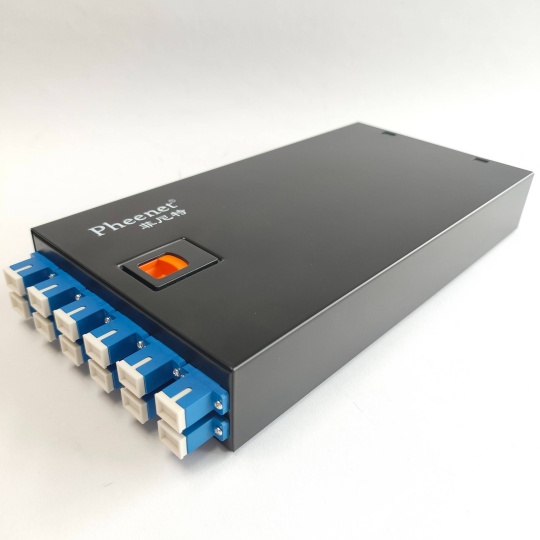Why is Industrial Cable Compliance with IEC Standards Important?
Industrial cables are the unsung backbone of modern manufacturing—they transmit power, carry critical data, and enable the seamless operation of machinery in factories, refineries, and automation systems. In environments prone to extreme temperatures, chemical exposure, and mechanical stress, their reliability is non-negotiable. The International Electrotechnical Commission (IEC) standards, as the global benchmark for electrotechnical products, play a pivotal role in ensuring this reliability. For businesses, complying with IEC standards for industrial cables is not just a regulatory box-ticking exercise—it is a strategic choice that safeguards safety, unlocks global markets, and minimizes operational risks.
1. Safety: The Non-Negotiable Foundation
Industrial settings are high-risk environments, where cable failures can trigger electrical arcs, fires, or equipment malfunctions—threatening worker safety and facility infrastructure. IEC standards address these risks by setting strict, science-backed criteria for cable performance.
- Fire and electrical hazard mitigation: Standards like IEC 60332 (for flame propagation) limit how quickly cables burn and reduce toxic smoke emission, critical for enclosed factory spaces. IEC 60228 (for conductor construction) ensures stable current transmission, preventing overheating that can cause short circuits.
- Environmental resilience: IEC 60092 specifies insulation and sheathing materials that resist corrosion, oil, and extreme temperatures (-40°C to 125°C for many industrial grades), ensuring cables do not degrade or fail in harsh conditions.By complying with these standards, businesses eliminate preventable safety incidents, protecting both their workforce and physical assets.
2. Global Market Access: Break Down Trade Barriers
In a connected global economy, selling industrial equipment or cables across borders requires navigating a patchwork of regional regulations. IEC standards simplify this process by acting as a “universal language” for electrotechnical products.
- Regulatory alignment: Most countries—including EU nations (via CE marking), Japan, and emerging markets in Asia and Africa—reference or adopt IEC standards as part of their local rules. A cable compliant with IEC 61089 (power cables for industrial use) or IEC 61156 (data cables) automatically meets the core requirements of these regions.
- Cost and time savings: Without IEC compliance, manufacturers would need to redesign and retest cables for every new market, increasing production costs and delaying market entry. Compliant cables streamline certification, allowing businesses to compete globally with minimal barriers.
3. Reliability and Interoperability: Avoid Costly Downtime
Industrial systems rely on components from multiple suppliers—motors, sensors, and control panels—all connected by cables. Non-compliant cables disrupt this integration, as their electrical properties (e.g., voltage rating, impedance) or physical dimensions (e.g., conductor size) may not align with industry norms.
- Uniform performance: IEC standards establish consistent criteria for every cable attribute, ensuring compatibility across brands. For example, an IEC-compliant Ethernet cable will work seamlessly with controllers from different manufacturers, eliminating signal loss or system glitches.
- Minimize downtime: Cable failures are a top cause of unplanned production halts, which cost manufacturers thousands of dollars per hour. IEC-compliant cables undergo rigorous testing (e.g., voltage withstand, mechanical durability) to ensure long-term performance, reducing maintenance costs and downtime.
4. Risk Mitigation: Protect Your Brand and Bottom Line
Non-compliant industrial cables expose businesses to severe financial and reputational risks. A single cable failure can trigger production shutdowns, regulatory fines, or even product recalls.
- Legal and financial safety: Non-compliant products may violate local laws, leading to penalties or forced recalls. IEC compliance demonstrates adherence to global quality norms, reducing the risk of legal action.
- Brand trust: Customers and partners prioritize suppliers who prioritize safety and quality. IEC compliance acts as a visible seal of reliability, strengthening brand reputation and fostering long-term customer loyalty.
When it comes to industrial cables that deliver IEC-compliant safety, reliability, and global readiness, the FRS brand factory is your trusted partner. FRS combines decades of manufacturing expertise with strict adherence to IEC standards—from sourcing high-grade copper conductors to conducting post-production tests for flame resistance and electrical performance. Every FRS cable is engineered to thrive in harsh industrial environments, unlock global markets, and keep your operations running without interruption. For businesses that refuse to compromise on quality, FRS provides the cables that power success.











